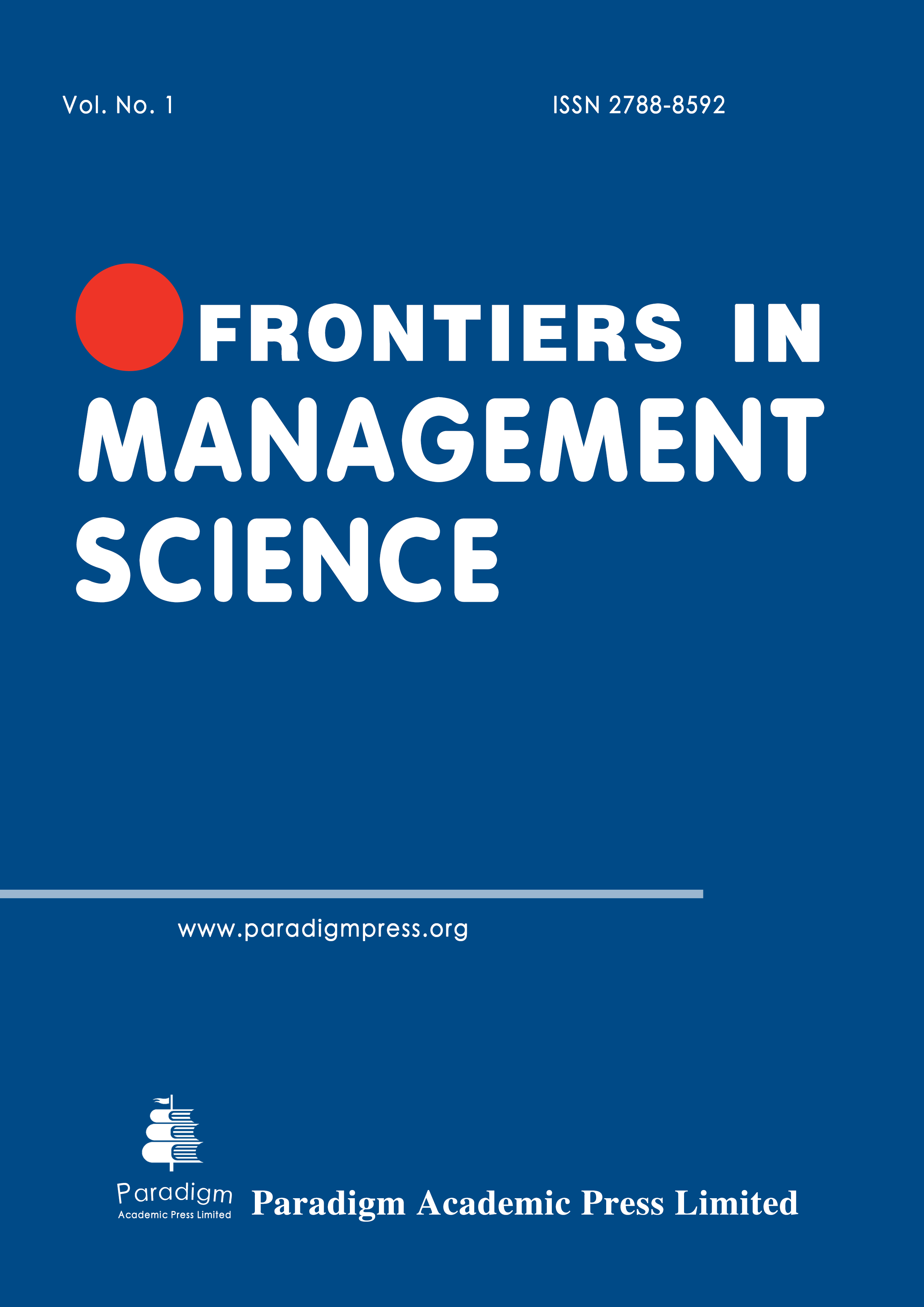Implementation Standards and Industry-Specific Adaptation of SAP-Lean Production Integration in Manufacturing: A Multi-Case Validation with Quantitative Performance Optimization
DOI:
https://doi.org/10.63593/FMS.2788-8592.2025.09.008Keywords:
SAP system, lean production, manufacturing digital transformation, integration framework, industry adaptation, real-time data synchronization, production efficiency, cost optimizationAbstract
The decoupling between SAP systems and lean production (LP) has become a critical barrier to manufacturing digital transformation, leading to 15-22% overproduction rates, 20-30% delayed deliveries, and 12-18% cost wastage. To address this, this study proposes a systematic four-stage integration framework (Needs Quantification → System Configuration → Process Reengineering → Dynamic Evaluation) and industry-specific adaptation schemes for the automotive, electronics, and equipment manufacturing sectors.
Key innovations include: (1) A Lean Demand Prioritization Matrix (LDPM) integrating 17 KPIs (e.g., production plan update frequency, material arrival tolerance) with AHP-based weight assignment, improving needs analysis accuracy by 32.7% vs. traditional interviews; (2) A Real-Time Lean Rule Embedding Engine (RTLREE) that embeds JIT, kanban, and TPM rules into SAP modules, achieving 99.2% rule execution accuracy—18.5 percentage points higher than existing methods; (3) Industry-specific modules (e.g., automotive BOM auto-switching, electronics rapid changeover) with 89.5% functional reuse rate.
Validated across 32 manufacturing enterprises (16 experimental, 16 control) in China, Germany, and Japan over 18 months, the framework achieved: (1) Average overproduction rate reduction by 68.3% (from 15.2% to 4.8%, p<0.001); (2) Order delivery punctuality improvement by 19.8% (from 81.7% to 97.9%, p<0.001); (3) Production cycle shortening by 28.6% (from 42.3 days to 30.2 days, p<0.01); (4) Inventory cost reduction by 23.7% (p<0.01).
The framework has been adopted by the International Society of Lean Manufacturing (ISLM) as a global reference standard and promoted in 120+ enterprises, generating cumulative economic benefits of $142 million. Future integration of generative AI is expected to further reduce maintenance costs by 25%.



